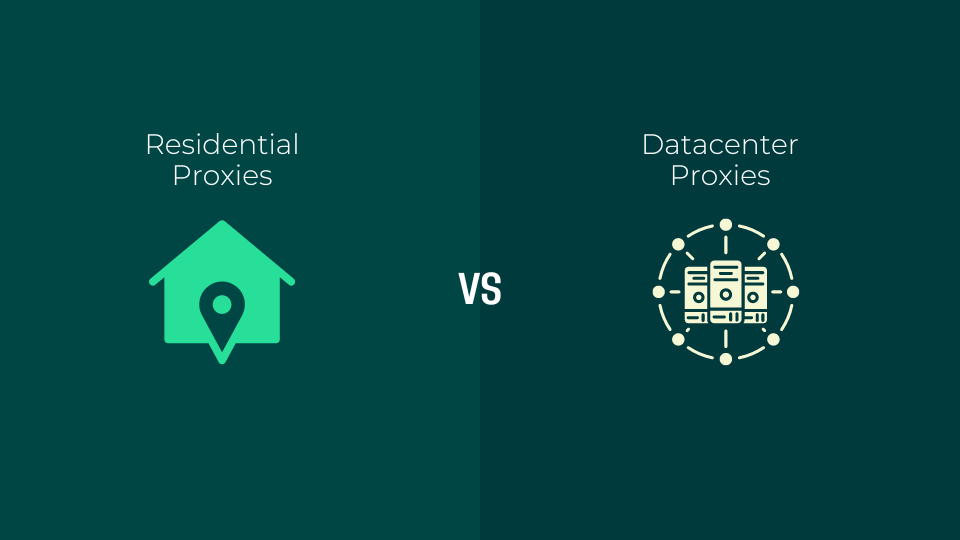


Products
Dịch vụ Proxy

Proxy dân dụng
Thu thập dữ liệu nhân bản, không che chắn IP. tận hưởng 200 triệu IP thực từ hơn 195 địa điểmProxy lưu lượng không giới hạn AI
Sử dụng không giới hạn các proxy dân cư được phân loại, các quốc gia được chỉ định ngẫu nhiênProxy ISP
Trang bị proxy dân dụng tĩnh (ISP) và tận hưởng tốc độ và sự ổn định vượt trộiProxy trung tâm dữ liệu
Sử dụng IP trung tâm dữ liệu ổn định, nhanh chóng và mạnh mẽ trên toàn thế giớiProxy ISP luân phiên
Trích xuất dữ liệu cần thiết mà không sợ bị chặn
Định giá
Sử dụng cài đặt
NHẬN API
API
Người dùng & Xác thực
Nhiều tài khoản người dùng proxy được hỗ trợCông cụ hỗ trợ

Bảng thông báo
Tất cả thông báo
$0
EN
Danh tính chưa được xác minh

Bảng điều khiển

Múi giờ địa phương

Sử dụng múi giờ địa phương của thiết bị
(UTC+0:00) Giờ chuẩn Greenwich
(UTC-8:00) Giờ Thái Bình Dương (Hoa Kỳ và Canada)
(UTC-7:00) Arizona(Mỹ)
(UTC+8:00) Hồng Kông(CN), Singapore

Tài khoản

Tin tức của tôi
Ticket Center

Xác thực danh tính
Đăng xuất

EN

Bảng thông báo
Tất cả thông báo
$0
VN
Danh tính chưa được xác minh

Bảng điều khiển

Múi giờ địa phương

Sử dụng múi giờ địa phương của thiết bị
(UTC+0:00) Giờ chuẩn Greenwich
(UTC-8:00) Giờ Thái Bình Dương (Hoa Kỳ và Canada)
(UTC-7:00) Arizona(Mỹ)
(UTC+8:00) Hồng Kông(CN), Singapore

Tài khoản

Tin tức của tôi
Ticket Center

Xác thực danh tính
Đăng xuất






























